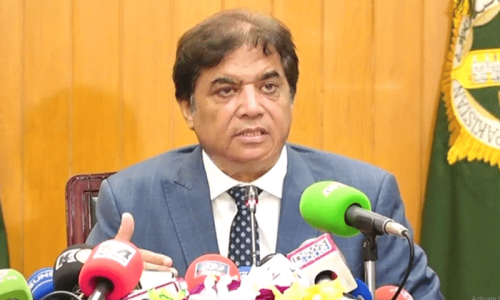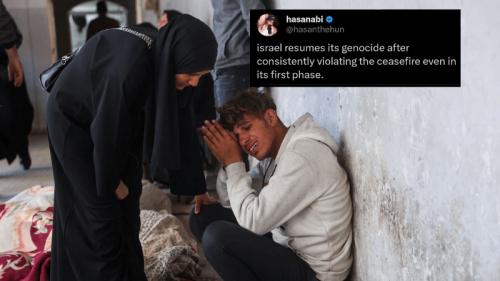North Korea will send its athletes to the Winter Olympics in the South, the rivals said on Tuesday after their first formal talks in more than two years following high tensions over Pyongyang's nuclear weapons programme.
The two sides also decided to hold military talks and to restore a military hotline closed since February, 2016.
Seoul and Olympic organisers have been keen for Pyongyang — which boycotted the 1988 Summer Games in the South Korean capital — to take part in what they repeatedly proclaimed a “peace Olympics” in Pyeongchang next month. But the North had given no indication it would do so until leader Kim Jong-Un's New Year address last week, instead pursuing its banned weapons programmes in defiance of United Nations sanctions, launching missiles capable of reaching the United States and detonating its sixth and most powerful nuclear test.
“The North Korean side will dispatch a National Olympic Committee delegation, athletes, cheerleaders, art performers' squad, spectators, a taekwondo demonstration team and a press corps and the South will provide necessary amenities and facilities,” they said in a joint statement.
Tuesday's talks were held in Panmunjom, the truce village in the Demilitarised Zone that splits the peninsula.
The North's delegation walked over the Military Demarcation Line marking the border to the Peace House venue on the southern side, just yards from where a defector ran across in a hail of bullets two months ago.
Looking businesslike, the South's unification minister Cho Myoung-Gyon and the North's chief delegate Ri Son-Gwon shook hands at the entrance to the building, and again across the negotiating table.
Ri wore a badge on his left lapel bearing an image of the country's founding father Kim Il-Sung and his son and successor Kim Jong-Il, while Cho sported one depicting the South Korean flag.
“Let's present the people with a precious new year's gift,” said Ri. “There is a saying that a journey taken by two lasts longer than the one travelled alone,” he added.
The atmosphere was friendlier than at past meetings. Cho told Ri: “The people have a strong desire to see the North and South move toward peace and reconciliation.”
But there was no mention in the joint statement of a proposal by Seoul to resume reunions of families left divided by the Korean War, or of an offer by the North to send a high-level delegation to the Games.
Ri also told South Korean journalists that denuclearisation was not on the table and not an issue for the two to discuss. “The target of all our nuclear and hydrogen bombs and ICBMs and all other sophisticated weapons is the US,” he reiterated.
“These weapons are not aimed at our brethren.”
There were “many problems” to settle between the two sides, he added, warning of “unexpected obstacles” down the road.
'Peace Olympics'
Olympic organisers welcomed the North's participation in Pyeongchang, just 80 kilometres (50 miles) south of the DMZ, and a unification ministry official said the games would be “a peace festival for all the people in the world”.
International Olympic Committee President Thomas Bach said Pyongyang's decision to take part in the games was a “great step forward in the Olympic spirit”.
Only two athletes from the North have so far qualified for the Olympics, but hundreds of young female North Korean cheerleaders have created a buzz at three previous international sporting events in the South.
According to South Korean reports, any high-level delegation accompanying the team could include Kim's younger sister Yo-Jong, who is a senior member of the ruling Workers' Party.
According to the unification ministry official, Tuesday's meeting “laid the foundation for restoring the severed inter-Korean ties and normalising them”. It came after Seoul responded to Kim's New Year speech with an offer of high-level dialogue, and last week a civilian hotline was restored after being suspended for almost two years.














































